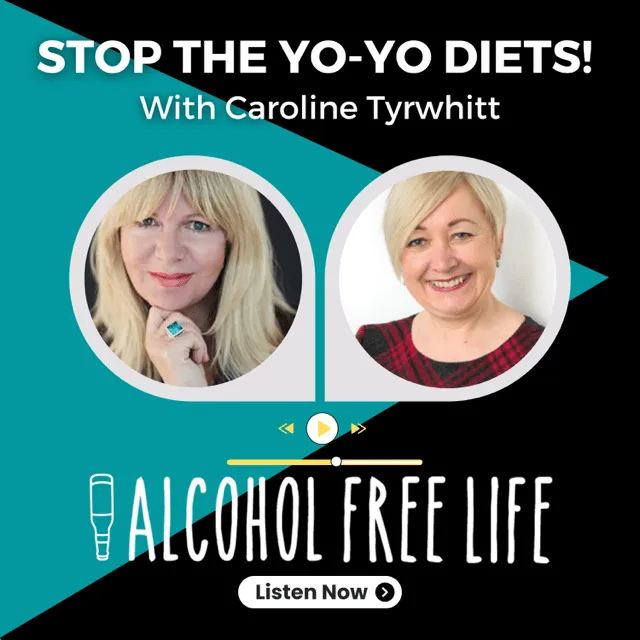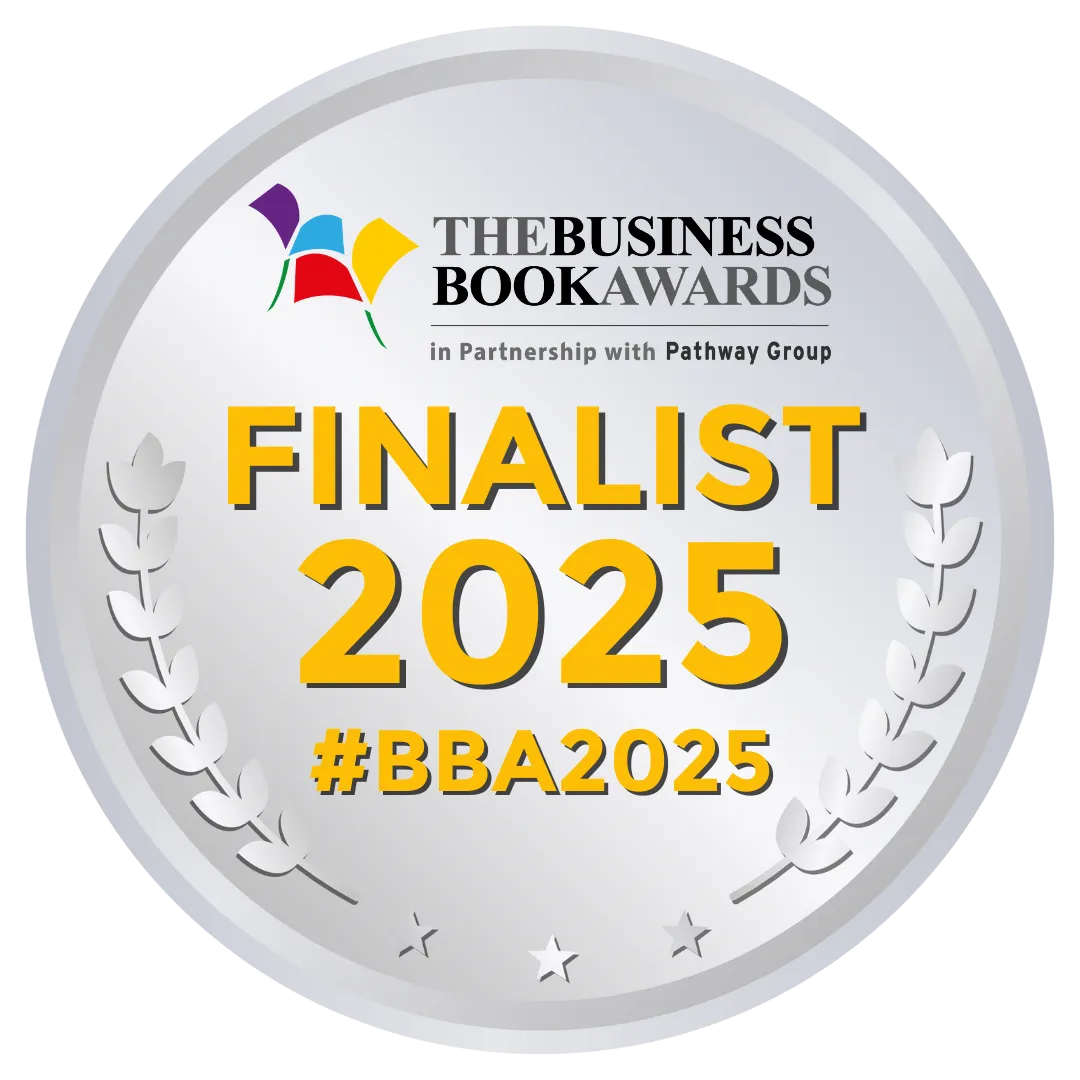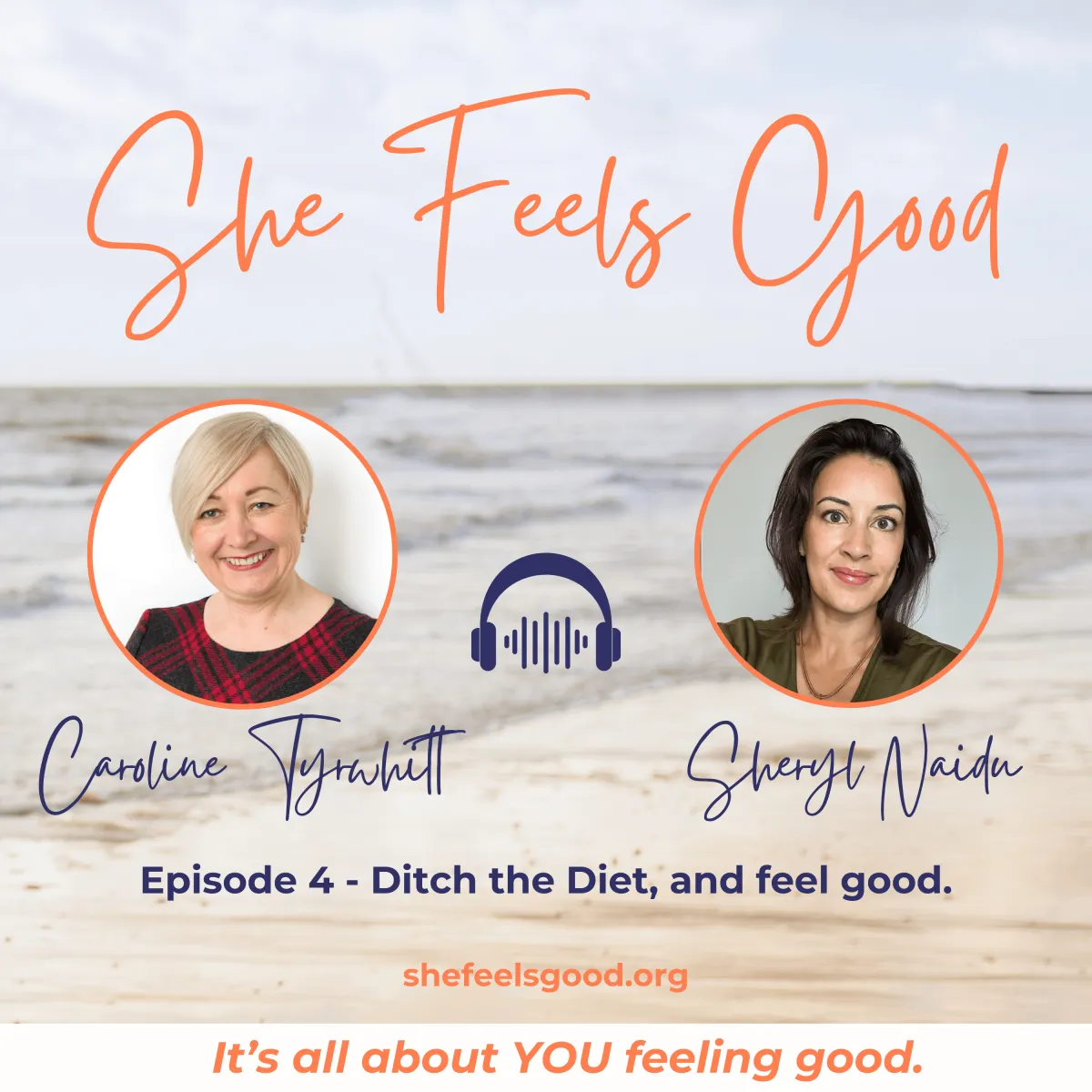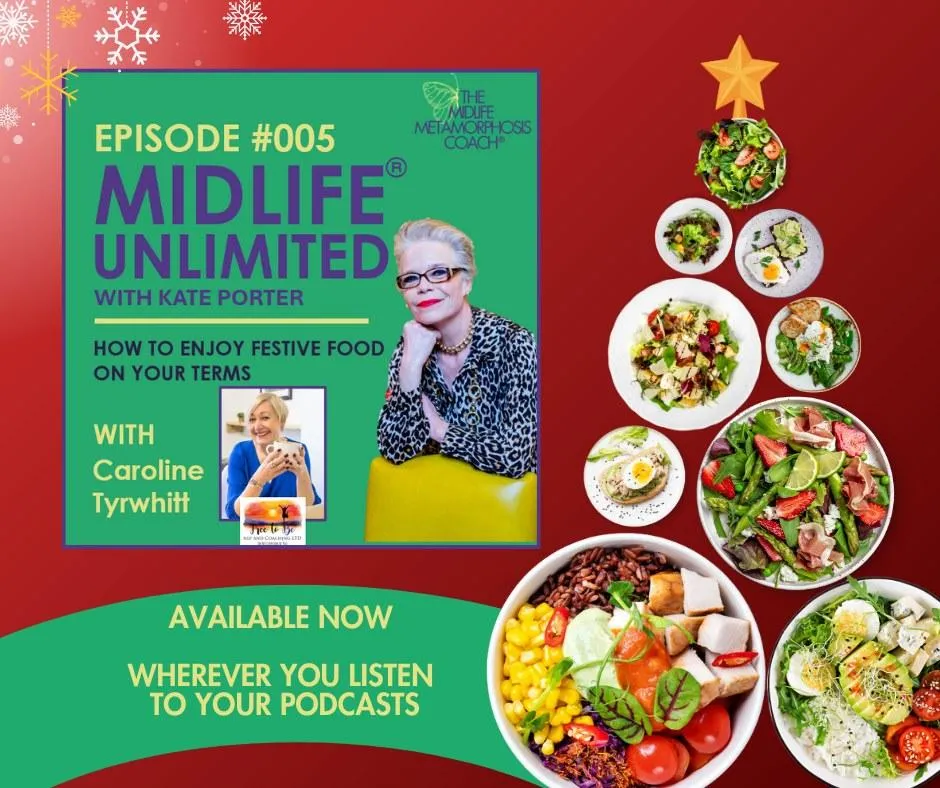Shift Your Mindset, Shift Your Weight
Are you ready to like the woman you see in the mirror again? End yo-yo dieting now!
I'm on a mission to help women escape the trap of yo-yo dieting through challenging their beliefs and their thinking.
The Mindset Diet
From Disillusioned Dieter to Empowered Eater
7 Steps to Think Yourself Slim
Exhausted with dieting? Know full well that 'eat less, exercise more' doesn't work? Let me share with you The Mindset Diet. When you understand what influences your eating habits and how you got to where you are now, you can make small sustainable changes so that you can lose weight without dieting and keep it off for good.
POWERFUL STEPS THAT TRANSFORM
Mindset-Mastery meets Food-Freedom
Be curious and get clarity
Track your eating behaviours so that you can break down your old habits and create new empowering ones.
Believe in your success
Break through your blockages that lead to sabotage and instead build resilience and confidence.
Think yourself slim
Practice an 'inner-cise' programme to to build positive beliefs and behaviors that focus on you.
Build a compelling vision
Create a compelling goal to motivate you every single day eliminating the need for sheer willpower.
Create supportive routines
Set up daily routines and rituals to harness your vibrant energy, feel good each day and love your body.
Love your new life
Understand mindset and wellbeing strategies to sustain a loving and intuitive relationship with food.

ONE-TO-ONE COACHING
Ready to invest time and energy into changing how you do you, food and life so that you can feel strong and confident again?
I offer a blend of coaching and mentoring using the mindset tools and techniques I share in my book. As your coach, I will guide you with compassion, hold space for that self-belief until you have it and provide you with accountability so that you absolutely put you at the centre of all your decisions.
Courses and community
Find out more about my course that introduces you to the concepts you will learn in The Mindset Diet book or choose a course to complement what you have learned.
Join my community of amazing women implementing what they have learned so this time they can escape the trap of yo-yo dieting by keeping their weight of this time.

What is yo-yo dieting?
What exactly is yo-yo dieting?
How do you know you're stuck in the yo-yo dieting trap?
It's not your fault dieting doesn't work!
How can you escape the cycle?

I one-hundred-percent recommend that you work with Caroline. I love her passion and that she's walked the talk.
When I look back at all the money I spent on slimming, which worked temporarily, it hit me that I needed to do inside work.
I can’t bear to think about being how I was still. It’s like an addiction that struggle with food. You need the guidance of someone like Caroline and you need to put the work in to get rid of those dark days, to get rid of unpleasant thoughts around food. I spend virtually no time thinking about food now, I am my ideal weight consistently and I don't sabotage.
I’m very confident that Caroline's guidance was the most helpful thing to me doing the mindset work. We went off piste several times looking at other blockages that didn't appear food related. That was where I got the massive value. The sessions alone, never mind the weight loss, gave me confidence.
I feel so wonderful in my clothes. It makes me smile. I feel very comfortable in myself.
Debra
want to find out more about how you can escape the trap of yo-yo dieting?
Then let's chat. We can explore your food story, I'll give you a tip or two to get your started, and we can explore which of my programmes would be the best fit for you.

want to find out more about how you can escape the trap of yo-yo dieting?
Then let's chat. We can explore your food story, I'll give you a tip or two to get your started, and we can explore which of my programmes would be the best fit for you.


Copyright 2025 © All Rights Reserved.





















